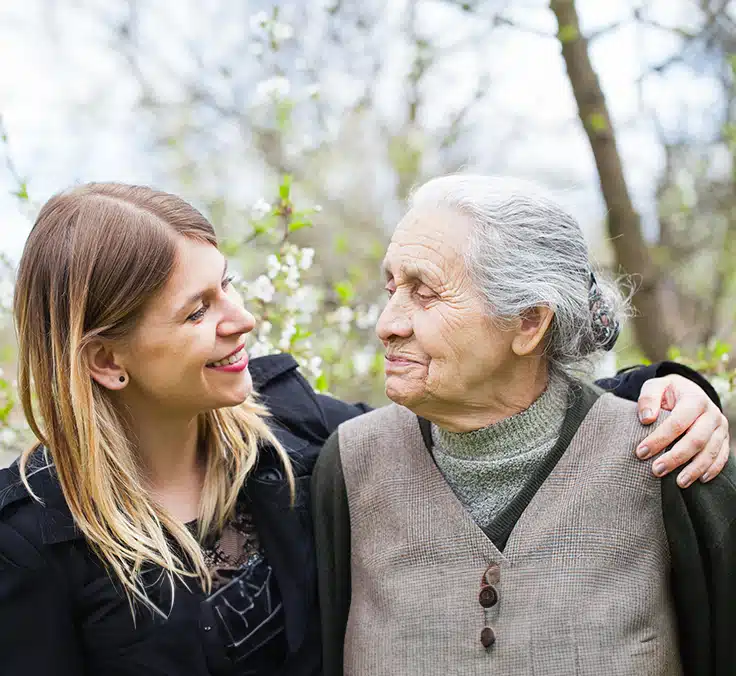SUSTAINABILITY | 07.15.2024
Caring for caregivers to improve the lives of seniors
Training caregivers to improve quality of life for seniors. That’s the goal of Cuidador de Confiança (“Trustworthy Caregiver”), a platform developed by Brazilian geriatrics doctor João Paulo Nogueira. The platform also aims to alleviate the stress and resource shortages faced by caregivers in many countries, a group that Nogueira predicts will grow significantly in the coming years. The project won the latest edition of the Fundación MAPFRE Social Innovation Awards.
1. What inspired you to create Cuidador de Confiança?
The project was born from my personal experience caring for my mother, who had cancer and other chronic illnesses. Her struggle and dependence highlighted the importance of providing dignified, quality care for seniors. This recognition fills me with pride.
2. Home care is a significant issue in Brazil due to the lack of training for caregivers of dependent seniors. What do you think are the main challenges faced by families and non-professional caregivers in Brazil, and how does Cuidador de Confiança help optimize healthcare resources?
The main challenges include the lack of specialized training, emotional and physical stress, and insufficient support and resources. Cuidador de Confiança helps optimize healthcare resources by providing comprehensive training for caregivers, offering emotional support, and supplying technological tools to enhance the quality of care and facilitate health monitoring for patients.
3. The number of people over 65 years of age in Brazil has increased by nearly 60% in the last 12 years and, accordingly, so has demand for caregivers. How do you see the future of senior care in the country, and what role does your project play?
I see a future where the demand for caregivers will continue to rise significantly. Our platform plays a crucial role by training and educating more caregivers, improving the quality of care, and promoting the use of innovative technologies to monitor and meet the needs of seniors. We aim to become a benchmark in senior care in Brazil.
4. In Spain, more than 20% of the population is over 65 years of age. What are your thoughts on the Spanish caregiving market?
I see significant potential due to the large senior population, and I believe there’s a substantial opportunity to introduce innovative solutions like the one we’ve developed, which will undoubtedly support caregivers with adequate training and resources.
5. Do you have plans to introduce new features in the near future?
Yes, indeed. We are currently developing new functionalities that incorporate advanced technologies like artificial intelligence and data analysis to further customize care plans and improve service efficiency.
6. What types of training and resources does the platform provide to caregivers and families to improve patient monitoring and care?
We offer comprehensive training that includes modules on caregiving techniques, chronic disease management, emotional support, and the use of technologies for monitoring health. We also provide practical guides, video tutorials, and a supportive caregiver network for sharing experiences and advice.
7. What impact has the project had so far on the lives of seniors and their caregivers? Is there a testimony or success story you’d like to share?
Since its launch, we’ve had a significant impact on the lives of many seniors and their caregivers, improving the quality of care and offering greater support to families. One success story I’d like to highlight is María’s. At 78 years old and living with Alzheimer’s, her quality of life has notably improved due to the training and support her caregiver received through our platform.
8. Artificial intelligence is a key component of your platform. How does the platform use data intelligence to personalize care plans for seniors, and how do you ensure ethical and secure use of this technology?
We leverage artificial intelligence to analyze health data and patient behaviors, allowing us to create personalized and highly effective care plans. To ensure ethical and secure use of the technology, we adhere to rigorous protocols for data privacy and security, always obtaining informed consent from users. We also collaborate closely with healthcare professionals to validate and oversee the AI-driven recommendations.
RELATED ARTICLES:




